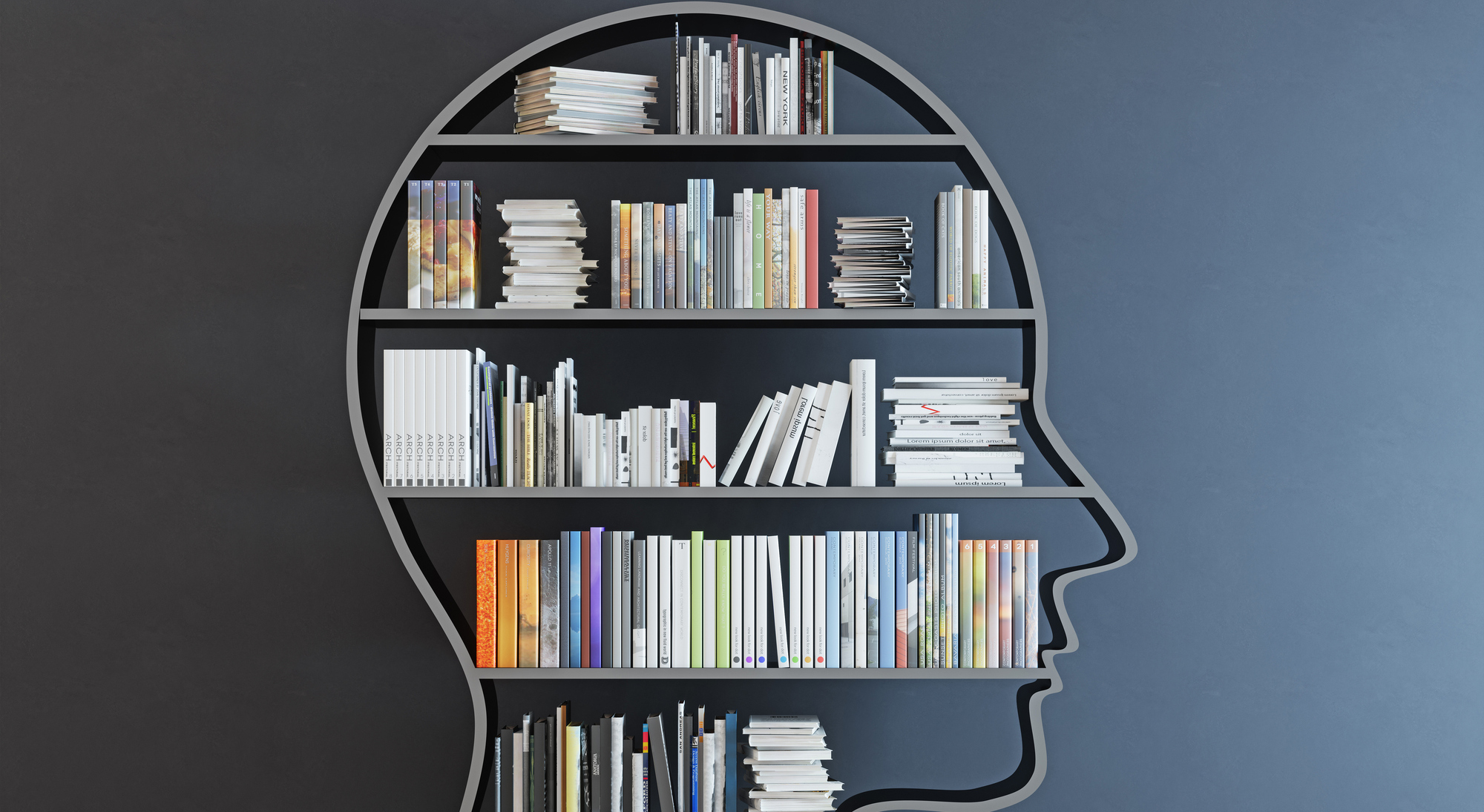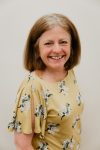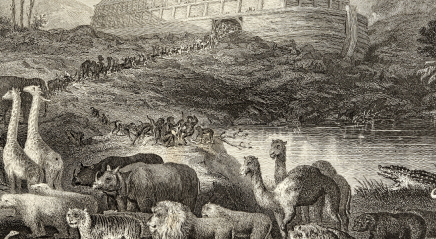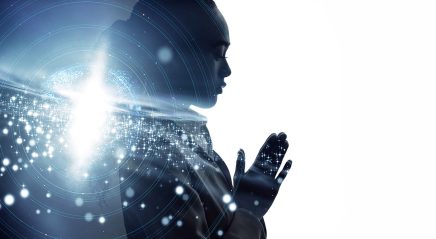“We read to know we are not alone.” —C.S. Lewis
I’ve always adored books, especially fiction. My childhood favorites usually had a character who was a bit like me. A Tree Grows in Brooklyn, by Betty Smith, is about Francie Nolan, a girl growing up in New York City in the early years of the 20th century. When the book begins, Francie is 12, the age I was the first time I read it. Like me, Francie had a difficult childhood, lives in New York City and spends a huge amount of time escaping into reading. In Francie I found a companion and didn’t feel quite so lonely.
The best books connect the reader to the author as well as the characters—some familiar, some quite different from us. We live within the pages while reading, and that created world becomes ours. We often finish those books changed inside—more empathetic, more aware of how others live. I’ve learned about the despair and poverty of Victorian England through Charles Dickens, about the quirky folks in Baltimore who inhabit Anne Tyler books, about Asian culture and mother-daughter relationships in the books of Amy Tan.
So when I heard about the Human Library Organization, I was immediately intrigued. Based in Copenhagen, Denmark, this is an international program where people serve as “human books” who can be “checked out” and “read.” The Human Library was started in 2000 by Ronni Abergel, his brother Dany, and colleagues Asma Mouna and Christoffer Erichsen as a short-term project for the Danish Roskilde Festival. It was well-received, and Abergel soon realized the tremendous potential of the concept to bridge divides and promote understanding.
I’d love to know that even one person might be helped, one barrier broken down, by “reading” me.
Now the library holds events in 85 countries, on six continents. For many years the library was limited to in-person events. During the pandemic it adapted to a Zoom format, and now it’s a hybrid organization, with some in-person and some virtual events.
Those who apply to be library books go through an interview process and then a training if they are selected. The organization carefully chooses a wide range of people who, in various ways, are viewed as “different” and misunderstood in society. These differences can be based on racial or ethnic backgrounds, sexual orientation and gender identity, mental and physical health issues, etc. A reading session can include, for example, a trans person, a Muslim woman, a person with epilepsy and a man with multiple personality disorder.
Many corporations invite the Human Library to talk with employees. Local and state government offices participate, as do universities and hospitals. Events open to the public are available to anyone who is interested.
The “readers” at these events spend about 30 minutes each with two “human books.” They hear briefly from the books and are encouraged to ask any and all questions they may have. What follows is often a lessening of stigma and a meeting of minds and hearts. The human book and readers are frequently changed inside—much as they would be when reading an actual book.
We are all God’s beloved books, in whatever unique and wonderful form each of us takes.
For the past several years I’ve been a human book, participating in Zoom conversations with people all over the world as well as in local, in-person events. I talk about my mental health challenges (I live with bipolar disorder) and am open to all questions. Some of my readers have a person with bipolar among their friends or family; many are meeting such a person for the first time. After a visit I often hear remarks such as “I had no idea someone with mental illness could seem so normal!” or “I have a colleague in my office who is really struggling with depression. Now I’m not afraid to reach out to them.”
I’d love to know that even one person might be helped, one barrier broken down, by “reading” me.
Jesus spent much of his ministry connecting, having deep conversations with all kinds of people. Our Lord modeled living with curiosity and compassion, with openness and radical acceptance. But in these difficult, fractured times we seem to be losing the ability to talk to those who are different from us, to listen to them and to learn from them. The sad result is that too many people are becoming isolated and mistrustful, demonizing others just for who they are.
But there is hope. The popularity of the Human Library shows that we are still capable of “unjudging” one another. There is still a yearning for connection and a great capacity for deeper understanding and acceptance. It’s not too late to do better, to be better.
We are all God’s beloved books, in whatever unique and wonderful form each of us takes. We wouldn’t be content reading the same book over and over and over again, never picking up anything else, would we? Variety is truly the spice of reading—and of life.
In the great and amazing library that is humanity, let us rejoice that we are companions on the journey, that we can read and be read, understand and be understood, love and be loved. In this simple but profound way, we can begin to heal the world.









